Country
Australia
Application
Tertiary WWTP
Water source
Wastewater
Filtration solution
4 x deep media filters

Background
Phosphorus occurs in natural water and waste waters. Both domestic and industrial wastewater flows are the major sources of phosphorus levels in municipal wastewater. About 30 to 50% of the phosphorus in domestic wastewater comes from human wastes and the remaining 50 to 70% comes from synthetic detergents used in the laundering of clothes. The presence of excess phosphorus in effluent discharged to natural water bodies has the potential to cause algal blooms and eutrophication. Kosciusko Thredbo Pty Ltd (KT) currently operates a sewage treatment plant, which services the Thredbo Alpine Village. The treatment plant employs secondary treatment with nitrogen and phosphorus reduction. The original treatment plant consisted of an intermittent extended aeration plant (IEA) and continuous extended aeration plant (CEA), alum dosing for phosphorus reduction, maturation ponds for effluent polishing and UV disinfection prior to discharge to a wetland area and subsequently into the Thredbo River.
Challenge
As a result of the above licence changes and in order for the treatment plant to consistently meet the licence limit, Kosciusko Thredbo Pty Ltd contracted Amiad Water Systems to install a tertiary filter system with alum dosing to treat effluent from the existing maturation ponds prior to discharge through the existing UV disinfection plant. A pressure filter system was installed with a capacity to treat an average flow of 12 l/s and a peak flow of 20 l/s.
Solution
The scope of works for this contract generally included Project Management, Manufacture, Supply, Installation, Testing and Commissioning of a treatment system comprising, duty/standby feed pumps inclusive of variable frequency drives, four pressure deep media filter vessels complete with piping, valves, instruments, controls, duty/ standby backwash pumps, air scour blower, duty/ standby alum dosing pumps, sodium hypochlorite dosing pump and chemical storage.
Results
The system design provides for phosphorus reduction and also provides excellent turbidity reduction, which maximizes the efficiency of the downstream sodium hypochlorite and UV disinfection. Similar Amiad systems are commonly used to reach the EPA’s Class A water quality standard for unrestricted reuse applications.







